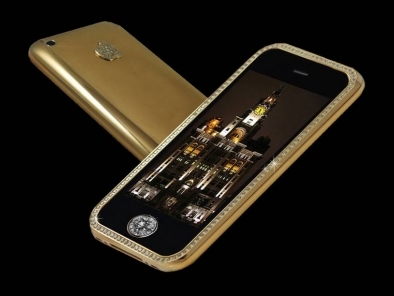Government slammed for iPhone app spending
Gimmicks or a wise use of public money?

New reports indicate that the British government is spending hundreds of thousands of pounds on iPhone apps, with many critics claiming that many of the apps are gimmicks and not a wise use of public money.
The BBC reveals this week that a Freedom of Information (FOI) request shows government-funded iPhone apps – such as a jobseekers' tool and a travel advice app from the Foreign office - have development costs ranging from £10,000 - £40,000.
The government recently said that it was reviewing the costs associated with its 820 websites, after spending £94m on website development and £32m on web staff in 2009 - 2010.
DVLA iPhone app
One proposed iPhone app for the Driver and Vehicle Licensing Agency (DVLA) would cost £40,000
A spokesman for the DVLA said of the planned app: "We want to make it as easy as possible for motorists to renew their car tax, tell us about a change of address or update their driving licence, meaning they stay safe and legal to drive.
"This would also bring benefits for DVLA, for example by reducing the number of reminders that need to be sent out.
Sign up for breaking news, reviews, opinion, top tech deals, and more.
"We considered how an application could help with this but no final decisions have been taken and the app, for now, is still in development," the DVLA man added.
The BBC's tech expert Rory Cellan-Jones has criticised the government's app strategy, saying: "It seems many Government bodies have given in to the temptation to spend money on fashionable gimmicks at a time when they are meant to be cutting back on self-indulgent wastes of money."
"It is ridiculous not only that they are commissioning these apps but that some of them are supposedly secret on grounds of national security.
"Someone who is faced with losing their home because of high tax bills, or whose life is being ruined by crime isn't going to get any reassurance from knowing there's an app for that."
Via BBC News
